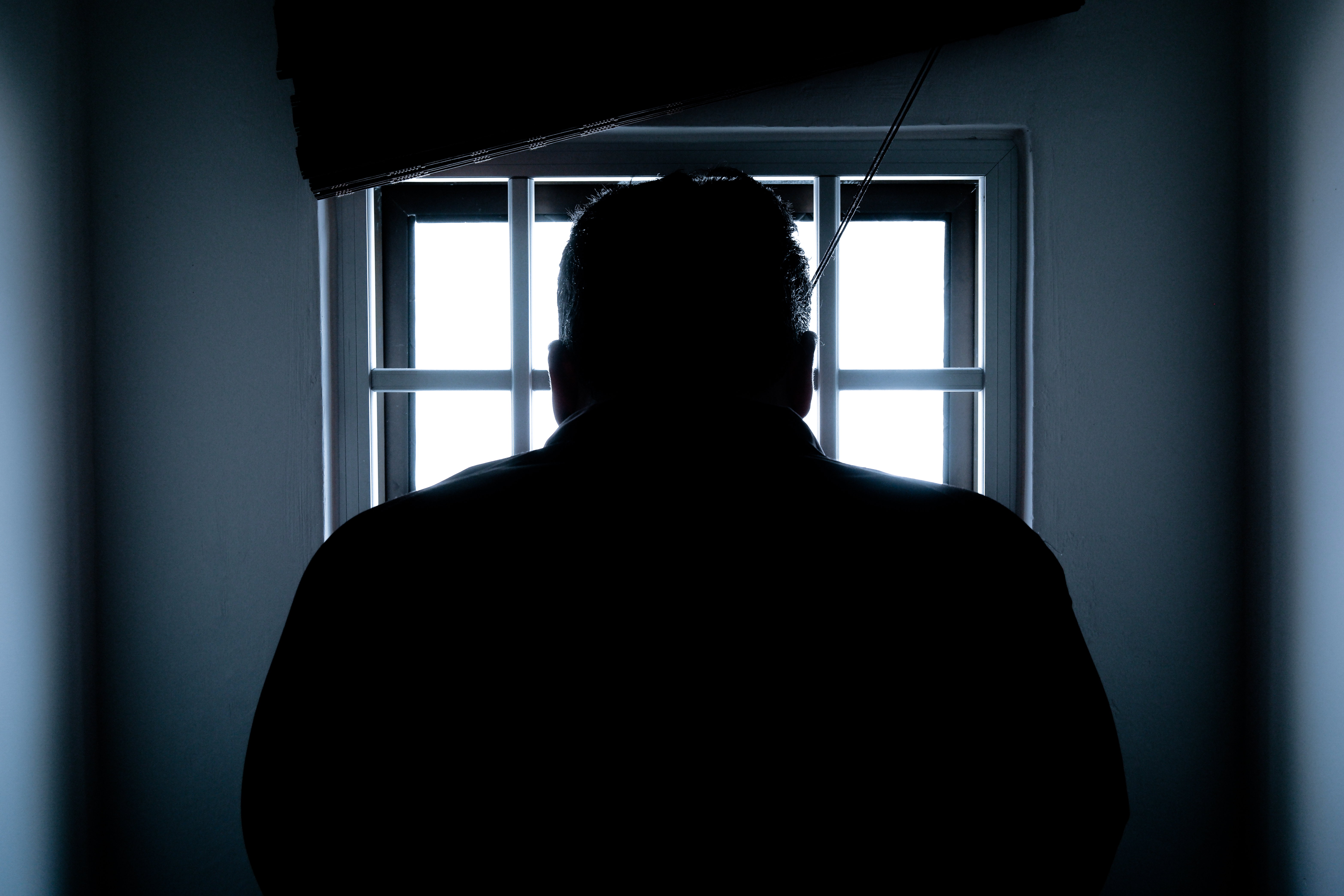Edward Snowden’s illegal release of classified information will rank among the most widely debated issues of the millennial generation. One side of the argument depicts Snowden’s actions as honorable, if not patriotic. Others cry foul.
David Menzies brought the conversation to UVU in the Jan. 9, 2017 edition of The Review. I encourage you to read his artful summation of the situation and his call for Snowden’s safe return—and hero’s welcome—to the United States. Many will welcome Snowden home, but as a hero, I sincerely doubt.
Snowden claimed the National Security Agency, or NSA, was violating the Fourth Amendment to the Constitution. As an employee of both the Central Intelligence Agency and the NSA subcontractor, Booz Allen Hamilton, Snowden was trained in the proper use and handling of classified information and materiel. We can be certain he received this training as it is both regular and mandatory.
Subsection 798 (a) of Title 18, US code states it is against federal law if a person “knowingly and willfully communicates, furnishes, transmits, or otherwise makes available to an unauthorized person, or publishes, or uses in any manner prejudicial to the safety or interest of the United States or for the benefit of any foreign government to the detriment of the United States any classified information.” Suffice it to say, by leaking classified material, Snowden broke the law.
Regardless of rhetoric, Snowden knew the rules and he chose to violate them. He claimed he took his concerns to multiple superiors and reported being ignored. He then decided his only option was treason and espionage. Subsection 2302 (b) (8) of Title 5, US code protects intelligence whistleblowers from punitive action. His failure to pursue this institutionalized ‘last resort’ indicates either contempt for the US government or a preconceived radicalization.
Laws — especially those in Title 18, US code — should apply to everyone charged with the care of classified material. But do they?
Menzies aptly described the US government as a snake eating its tail. US Attorney General Loretta Lynch, the nation’s lead prosecutor concerning violations of federal law, was unable to define the very laws Snowden was condemned for breaking, during her July 12, 2016 testimony before the House Judiciary Committee.
When Hillary Clinton was accused of mishandling classified material, the same debate erupted. Congressman Jason Chaffetz of Utah asked Lynch whether mishandling of classified material was against the law. Lynch replied with, “It depends.”
How are contractors supposed to know and respect the law when Attorney General Lynch refuses to acknowledge them?
When I asked Congressman Chaffetz about Lynch’s responses to his questions he said, “It’s ridiculous. [People] should be in prison.”











A couple of things are worth noting. Because he worked for a contractor and was not an official government employee, many of the laws protecting whistleblowers did not apply to Snowden.
The second thing to note is that these NSA programs were ruled illegal by several federal judges which forced Congress to write more specific legislation (the USA Freedom Act). Everyone always claims that Snowden could have been a whistle blower but it’s telling that we have no evidence that any other person tried to go through the “right” channels. Our own government was breaking the law with US citizens as the victim and the ONLY reason we know about it is Snowden. While what Snowden did was legally wrong it was morally right which is why he deserves a hero’s welcome and a full pardon.